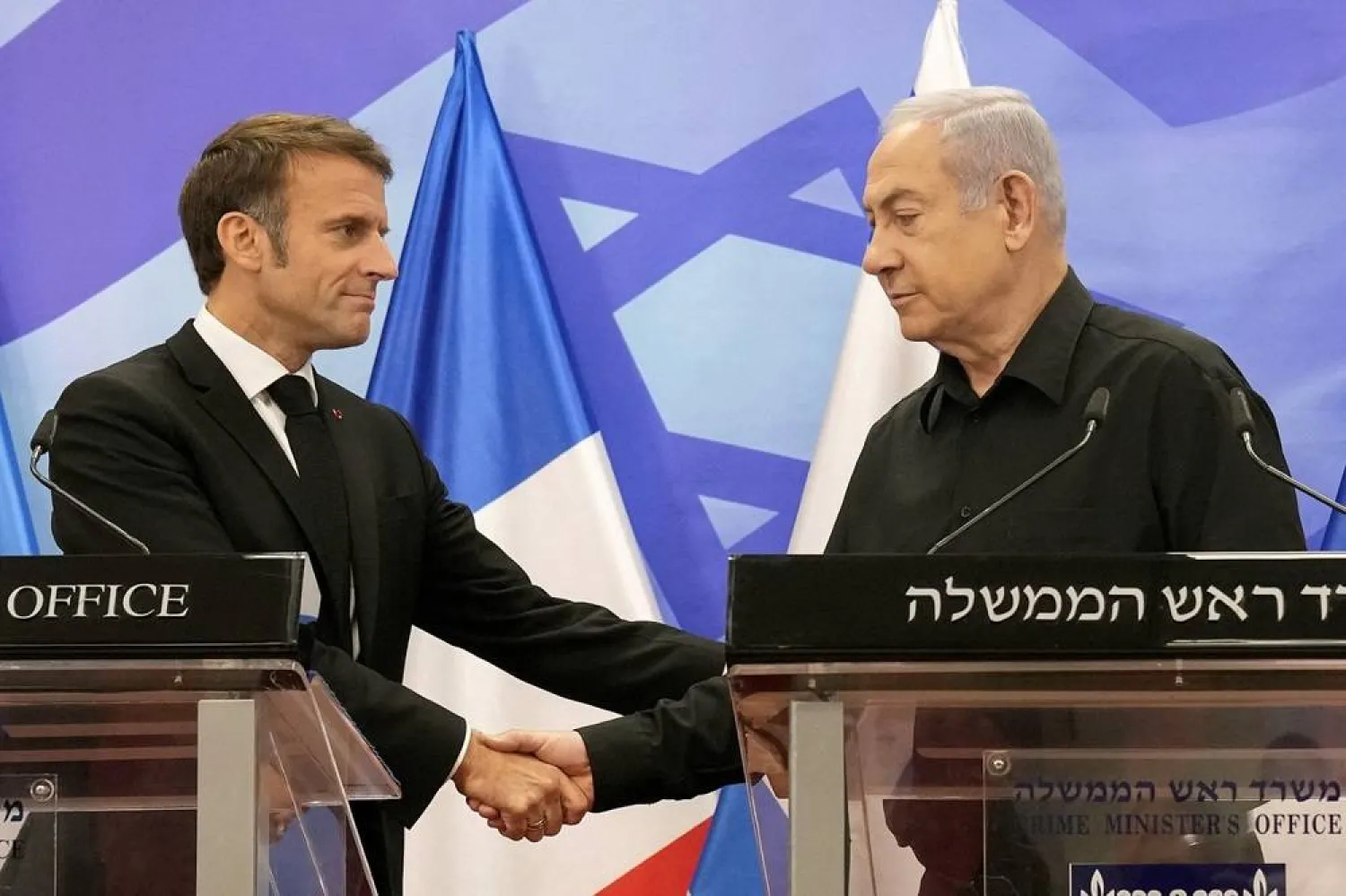Israeli Prime Minister Benjamin Netanyahu on Tuesday said he was opposed to agreeing to a "unilateral ceasefire" in Lebanon during a call with French President Emmanuel Macron, according to a statement released by his office.
"The prime minister said in the conversation that he is opposed to a unilateral ceasefire, which does not change the security situation in Lebanon, and which will only return it to the way it was," Netanyahu said, according to a statement from his office.
The remarks came as Macron upped pressure on Israel to abide by UN decisions, telling his cabinet that "Netanyahu must not forget that his country was created by a decision of the UN," a participant in the meeting told AFP.
The statement refers to the resolution adopted in November 1947 by the United Nations General Assembly on a plan to partition the territory into separate Jewish and Arab states.
"Therefore, this is not the time to disregard the decisions of the UN," Macron said from the closed-door meeting at the Elysee Palace were quoted by a participant who spoke to AFP and asked not to be named.
Tensions have increased between Netanyahu and Macron with the French leader last week insisting that stopping the export of weapons used by Israel in Gaza and Lebanon was the only way to stop the conflicts.
France has also repeatedly denounced Israeli fire against UN peacekeepers in southern Lebanon, which includes a French contingent.
On Sunday, Netanyahu called on UN Secretary-General Antonio Guterres to move the peacekeepers in south Lebanon out of "harm's way."
The PM said he had asked UN Interim Force in Lebanon (UNIFIL) several times to leave, saying that the peacekeepers' presence had "the effect of providing Hezbollah terrorists with human shields."
On Tuesday evening, Netanyahu hit back at Macron, saying Israel’s founding was achieved by the 1948 "War of Independence”, not a UN ruling.









